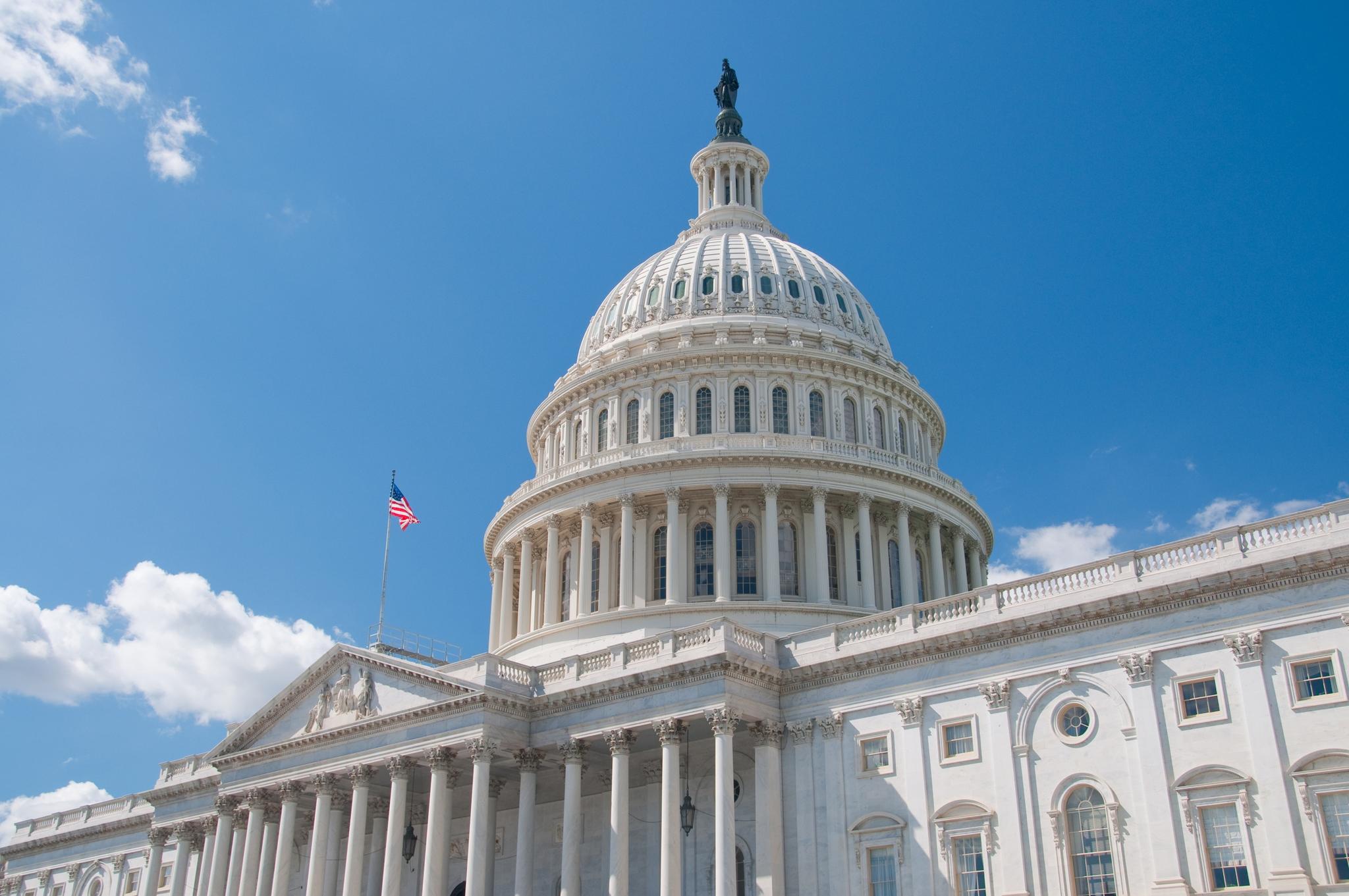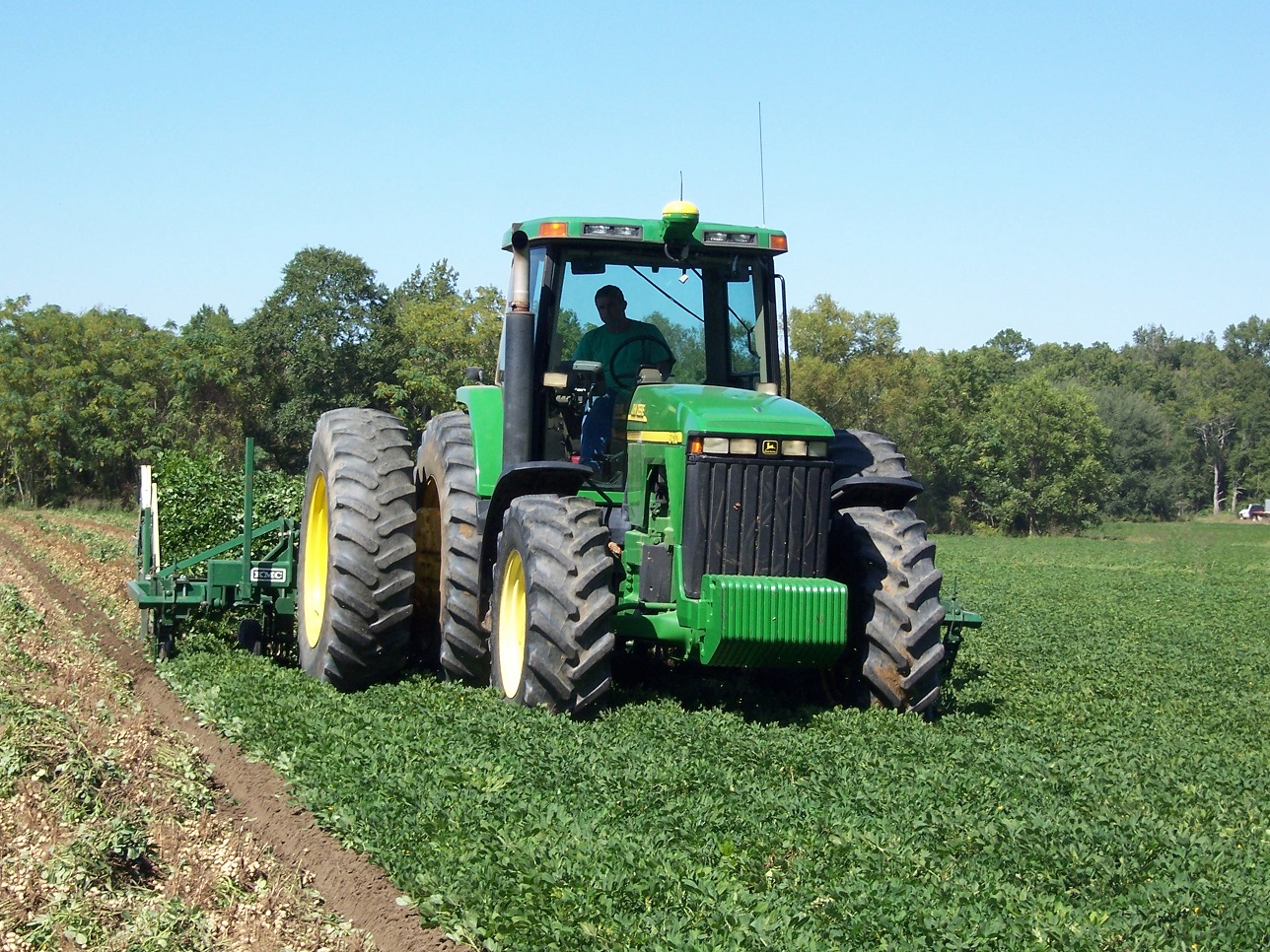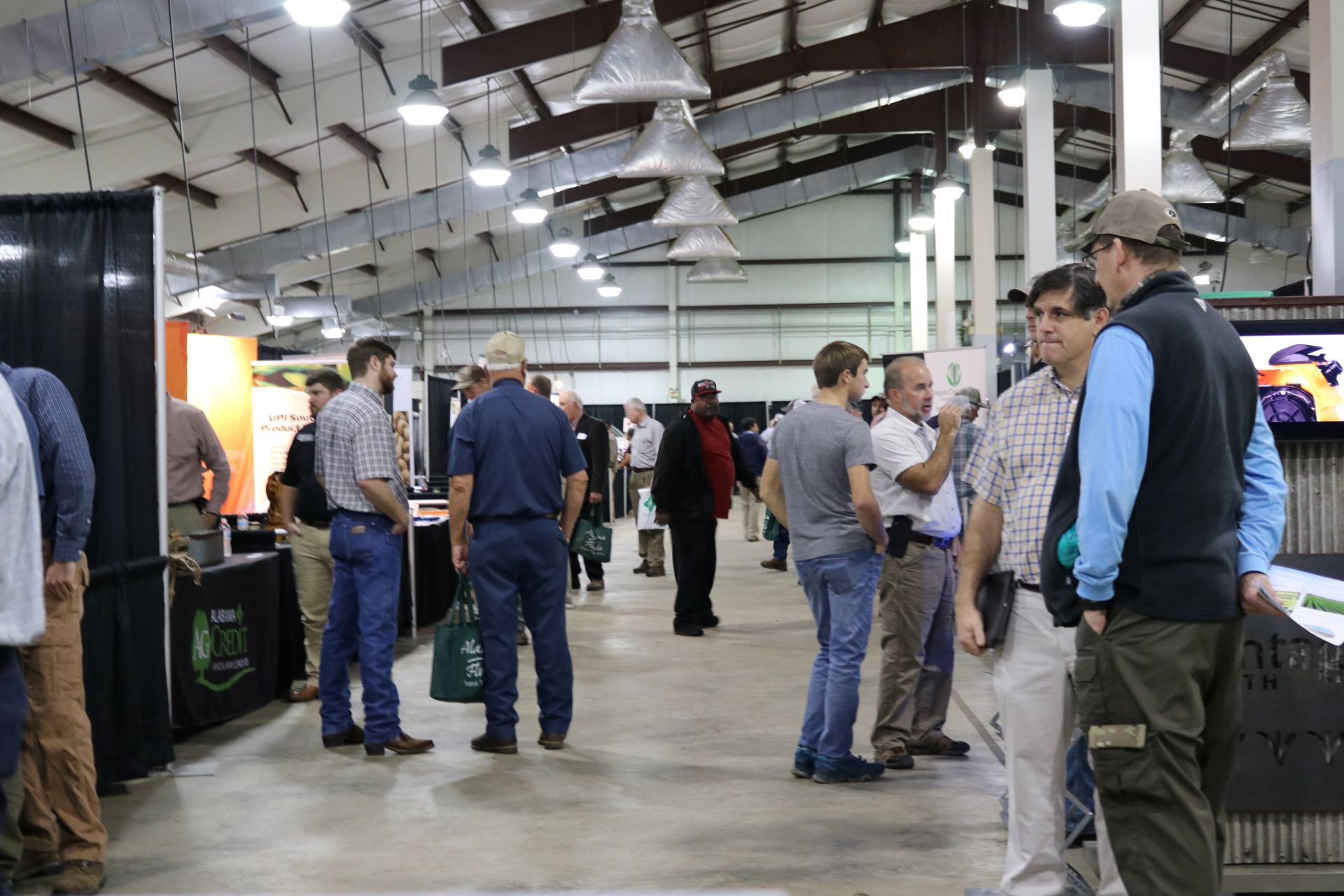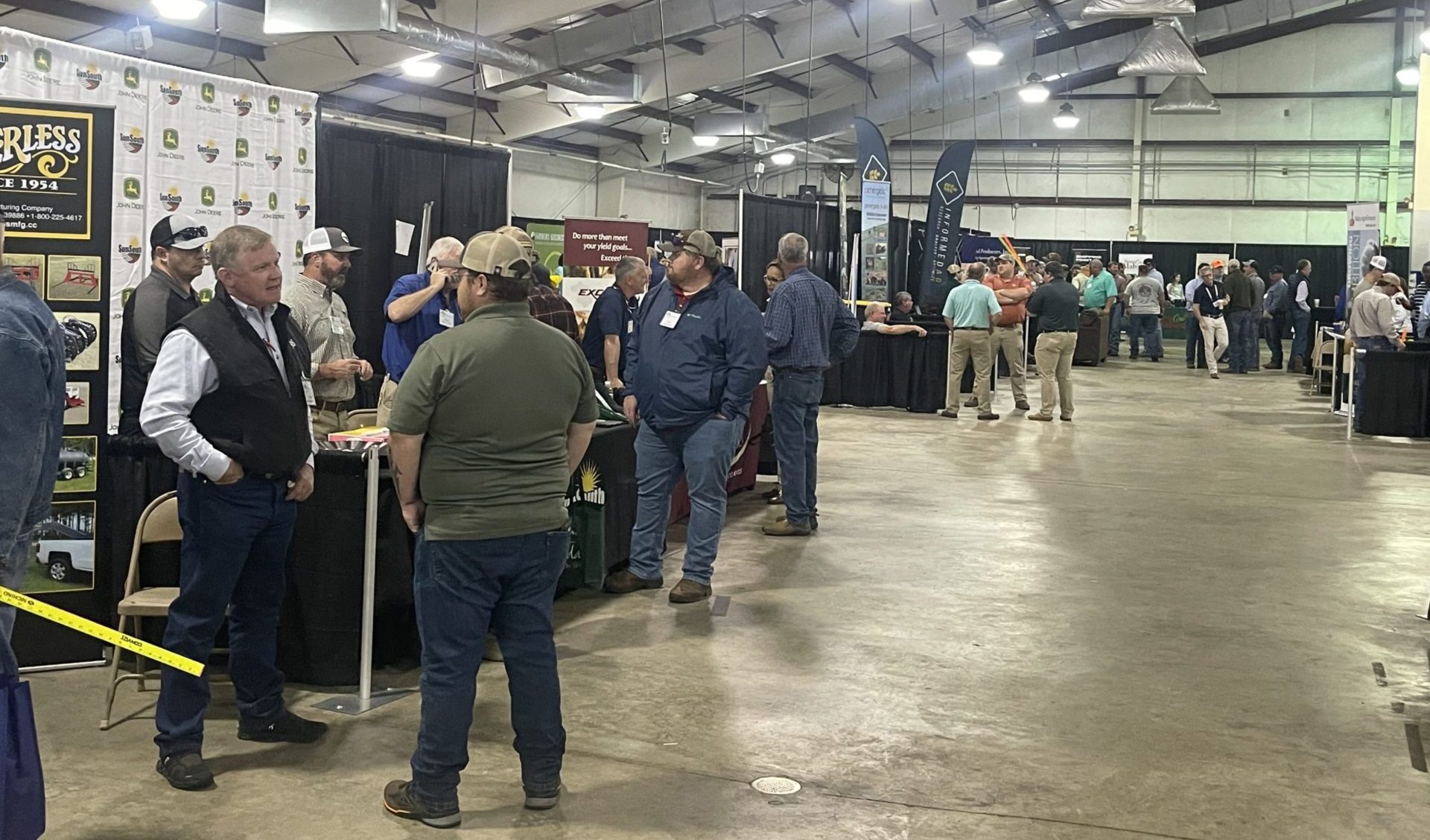WASHINGTON – U.S. Senator Tommy Tuberville (R-AL) led nine Republican colleagues in sending a letter to leadership of the House and Senate Appropriations Committees slamming the increase in Adverse Effect Wage Rates (AEWR). Senator Tuberville and his colleagues are requesting language in an upcoming appropriations package to freeze H-2A wage rates at the January 2023 levels and reinstate the 14-day delay between the AEWR rate posting and the implementation period. The AEWR increase furthers the financial burdens upon employers who utilize the H-2A program.
“The recent 2024 AEWR increase imposes significant financial strains upon employers who utilize agricultural guestworkers, yet many employers do not have another option as they depend upon the H-2A program for a reliable workforce,” said the Senators. “As the demand for H-2A labor remains strong, employers who utilize the program generally agree that without additional labor from guestworkers, American producers could not efficiently plant or harvest crops.”
Industry supporters of this letter include: American Farm Bureau Federation, National Council of Farmer Cooperatives, International Fresh Produce Association, American Hort, North American Blueberry Council, National Cotton Council, U.S. Peanut Federation, USA Rice, National Pecan Federation, Southern Cotton Growers, Southeast Cotton Ginners Association, Alabama Farmers Federation (ALFA), Alabama Nursery & Landscape Association, Alabama Peanut Producers Association, and Georgia Fruit and Vegetable Growers Association.
U.S. Senator Tommy Tuberville was joined by U.S. Senators Jim Risch (R-ID), Kevin Cramer (R-ND), Roger Marshall (R-KS), Rick Scott (R-FL), John Cornyn (R-TX), Tom Tillis (R-NC), Mike Braun (R-IN), Ted Budd (R-NC), and Cynthia Lummis (R-WY).
Today, Agri-Pulse highlighted the letter in their morning newsletter. Read the article here.
Read the full letter below or here.
“We write regarding the annual modifications to the Average Effect Wage Rate (AEWR), which continues to financially burden our nation’s agricultural producers who utilize the H-2A Temporary Agriculture Worker program (H-2A program). We urge you to include language in an upcoming appropriations package to freeze current H-2A wage rates at January 2023 levels and reinstate the 14-day delay between the AEWR rate posting and the implementation period.
Over the last year, the Department of Labor (DOL) amended the H-2A program numerous times to force unreasonable regulations on employers who utilize temporary and seasonal nonimmigrant workers to perform agricultural labor in the United States. On March 30, 2023, DOL amended the methodology1 for calculating the AEWR, without any stakeholder input. 2 H-2A employers are now faced with two AEWR changes annually, one each from the Farm Labor Survey and the Occupational Employment and Wage Statistics Survey. Following the AEWR calculation change, DOL issued a proposed rule3 on September 15, 2023, removing the 14-day wage implementation period to require H-2A employers to immediately post the new rate when finalized. Subsequently, DOL published 2024 AEWR rates on December 14, 2023,4 which increased the AEWR average rate by upwards of 5 percent from last year. The cost of labor is already one of the top expenses our farmers face, and DOL’s burdensome requirements hinder their abilities to hire agricultural guestworkers and still make a profit.
The recent 2024 AEWR increase imposes significant financial strains upon employers who utilize agricultural guestworkers, yet many employers do not have another option as they depend upon the H-2A program for a reliable workforce. H-2A wage rates have risen annually for the past two decades and doubled since 2005. According to the American Farm Bureau Federation, the new H-2A wage rule set to crush family farms. the new average AEWR rate is approximately $17.55/hr., with varying wages from $14.53/hr. to $19.75/hr., depending upon the geographical region.5 Thirteen states face AEWR increases of $1.00/hr. to $1.49/hr., while thirty states face increases of $0.50/hr. to $0.99/hr.6 In comparison, the federal minimum wage is $7.25/hr.,7 less than half the cost of AEWR in any state. Despite annual AEWR increases, the H-2A program continues to experience record participation levels, with 378,513 positions certified in fiscal year 2023 across the nation. 8 As the demand for H-2A labor remains strong, employers who utilize the program generally agree that without additional labor from guestworkers, American producers could not efficiently plant or harvest crops.
Considering our nation’s agriculture industry is dependent on foreign workers when domestic workers are unavailable to fill open positions in the farming industry, we must prioritize the ability of farmers to pay rising wages amidst record-high inflation and skyrocketing input costs. In addition to wages, employers must budget for acquiring, housing, and transporting guestworkers. In many states, receiving H-2A workers costs approximately $1,000 in fees each, not including the wage rate and housing expenses incurred after arrival to the work site.9 The recent changes to AEWR disrupt an already damaged system and further inhibit farmers and producers from their task at hand – feeding, clothing, and fueling our great nation. Small, family owned farms and specialty crop growers are among the most vulnerable to increased costs in the H-2A program and at the highest risk of closure. As expenses continue to rise, family-owned farms will be forced to close, leading to further consolidation in the agricultural industry. Any changes to the H-2A program should be subject to thorough and insightful action by Congress, not forced on producers by the executive branch. We must prioritize our farmers’ needs for reliable labor through a flexible approach to the agricultural guestworker program, which provides both farmers and workers a level playing field.
To reiterate, we request the inclusion of language in an upcoming appropriations package to freeze current H-2A wage rates at January 2023 levels and reinstate the 14-day delay between the AEWR rate posting and the implementation period. Thank you for your attention to this important matter.”
BACKGROUND:
The H-2A temporary agricultural visa program allows agricultural employers who anticipate a shortage of domestic workers to bring nonimmigrant foreign workers to the U.S. to perform agricultural labor or services of a temporary or seasonal nature. Employment of a seasonal nature is tied to a certain time of year by an event or pattern, such as a short annual growing cycle, requires labor levels above what is necessary for ongoing operations, and must be less than a year. There is not a cap on the program and its use continues to grow, with 378,513 positions certified in Fiscal Year 2023 according to the U.S. Department of Labor.
Recently, DOL proposed a new rule that gives unions unprecedented access to temporary foreign agricultural workers to pressure them into unionization. Specifically, the new rule would permit union officials to participate in employee disciplinary meetings and collect their private information for an organizing campaign. It would also force farmers to allow union organizers uncharted access into employer-sponsored housing for workers and prohibit farmers from discussing the organizing campaign with their workers. Congress did not authorize the growing unionization of farm workers to prevent labor strikes that would threaten harvests and disrupt food supply. DOL has existing regulations to ensure temporary foreign workers receive fair wages and have safe working conditions.
In December, Senator Tuberville joined Senator Bill Cassidy, M.D. (R-LA) and 16 Republican senators in writing a letter criticizing the Department of Labor’s (DOL) proposed rule that would allow unions to coerce and pressure temporary foreign agriculture workers into unionization. The proposed rulemaking would enhance benefits for foreign guestworkers by effectively unionizing the H-2A program, while inhibiting farmers from managing their own workforce.
Following the letter requesting an extension of the comment period, which was denied, Senator Tuberville submitted a comment letter in November expressing strong opposition to the Biden Administration’s proposed H-2A regulation. In the letter, he outlined how the proposed rule would hurt farmers and producers who rely on seasonal workers through the H-2A program for farm labor. The most burdensome mandate in the DOL proposal would require employers to immediately incorporate a new AEWR when finalized. This removes the critical 14-day period between the AEWR rate posting and the implementation period, which allows farmers time to adjust their payroll and budget. If employers mistakenly do not pay the updated AEWR, they must pay the heightened rate in backpay and are subject to penalties. The cost of labor is one of the top costs for our producers and employers require at least two weeks to calculate their financials to make the numbers work for increased payroll. Applying immediate adjustments to payroll strips employers’ ability to plan, take out loans, or maintain their available labor pool.
In November, Senator Tuberville joined Senator Cindy Hyde-Smith (R-MS) in sending another letter requesting an extension of the comment period for the proposed rule, but the request for the extension was denied by DOL.
Farmers in Alabama and across the country rely on the H-2A program for farm labor, with 2,178 beneficiaries participating in the program in the State in 2022. Senator Tuberville believes the H-2A program is already overregulated, which impacts farmers and growers who rely on it. More information on the program can be found on the DOL and DHS websites.
Senator Tommy Tuberville represents Alabama in the United States Senate and is a member of the Senate Armed Services, Agriculture, Veterans’ Affairs, and HELP Committees.







